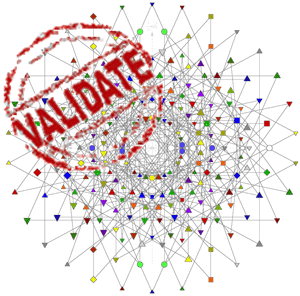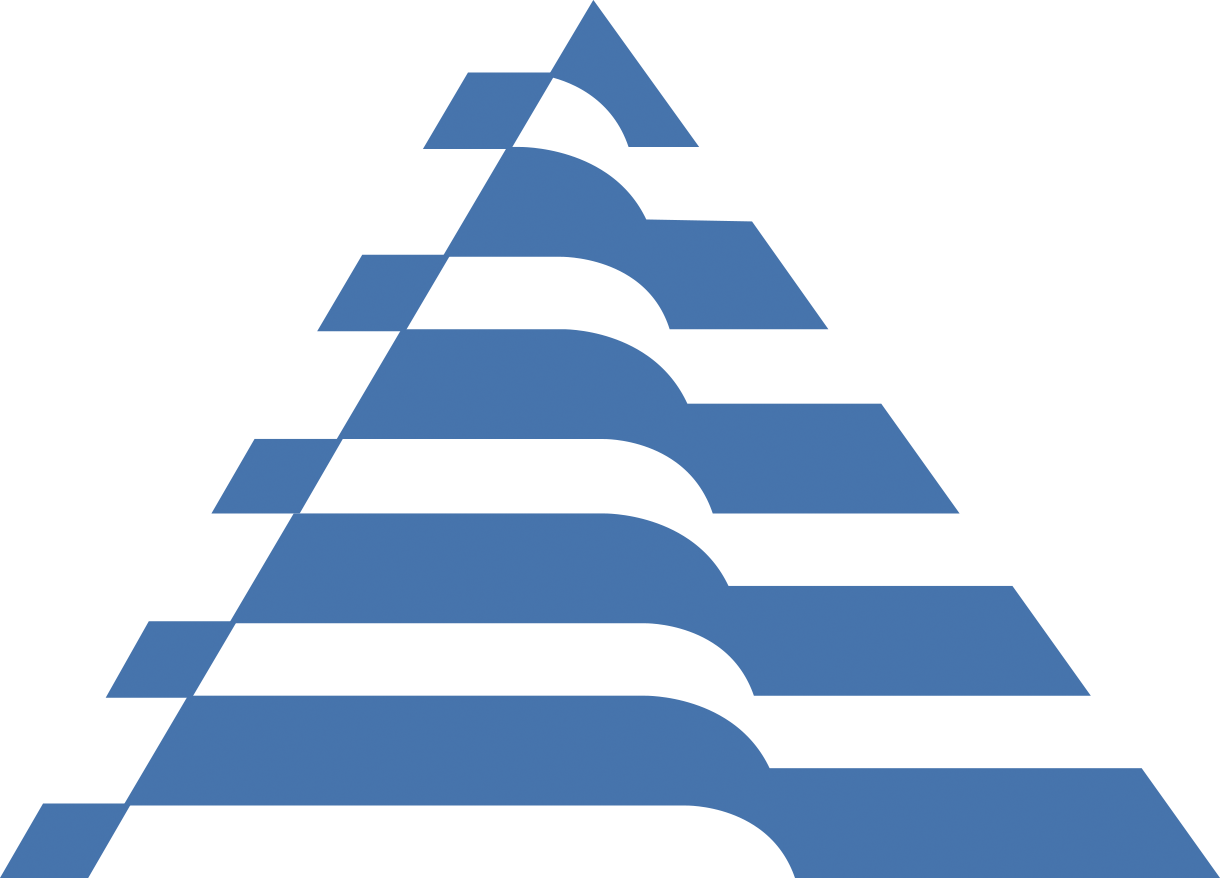RDF Application Profiles and Tools for Metadata Validation and Quality Control
Special Session: Thursday :: October 9, 2014 :: 1:30-5:00
Confirmed Panelists
Facilitator: Mark Matienzo ([email protected]), Digital Public Library of America, USA
Speaker: Kevin Ford, Library of Congress, USA
Speaker: Thomas Johnson, Oregon State University, USA
Speaker: Eric Miller, Zepheira, USA
Speaker: David Wood, 3 Round Stones, USA

Abstract: This session will focus on establishing requirements for implementing Application Profiles from the perspective of software developers. In particular, our interests include the requirements necessary for performing validation and quality checks within tools, and the extent to which established and developing constraint languages remain valuable in our context.
Scope and Motivation: Over the last fourteen years, the DCMI community has focused much of its efforts on the development of Application Profiles as a means to enable reuse of properties across multiple schemas, as well as constraint languages to express those profiles. Building on the DC-2013 special session « Application Profiles as an Alternative to OWL Ontologies », this session will explore the requirements for defining and implementing Application Profiles from the perspective of software developers and other implementers. In particular, our session will focus on the requirements necessary for performing validation and quality checks within tools, and the extent to which established and developing constraint languages, such as Description Set Profiles and Shape Expressions/RDF Data Shapes, remain valuable in our context.
This session will investigate the following open questions:
-
How can Application Profile-based validation provide meaningful feedback to a user editing a "record" or set of statements?
-
From the perspective of an implementor, what do we mean by "validation," and does this mean different things from the perspective of implementers building user-facing tools or automated systems to perform these checks?
-
How are existing constraint languages valuable to implementers, particularly if the tools we are building cannot interpret or act on them natively?
-
Should we prioritize developing tools that can interpret serialized constraint definitions, or ensuring that our tools and systems can serialize their constraints into one of these languages?
Session Co-Sponsored by:


![]() DCMI's work is supported, promoted and improved by « Member organizations » around the world:
DCMI's work is supported, promoted and improved by « Member organizations » around the world:
 |  |  |
 |  |  |
 |  |  |
 |  |  |
 |
![]() DCMI's annual meeting and conference addresses models, technologies and applications of metadata
DCMI's annual meeting and conference addresses models, technologies and applications of metadata


